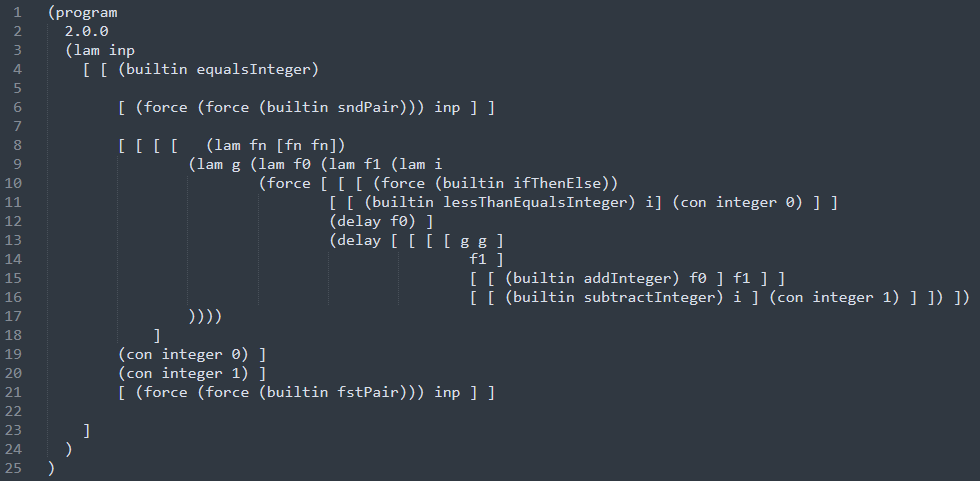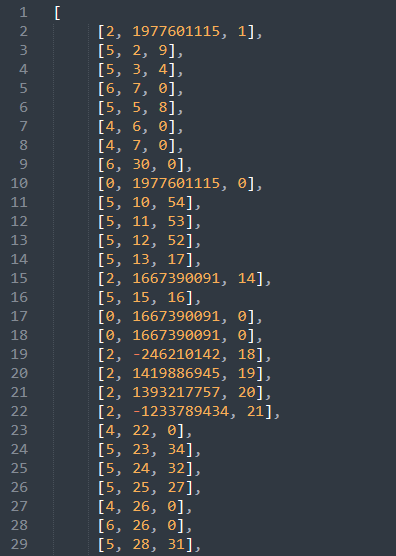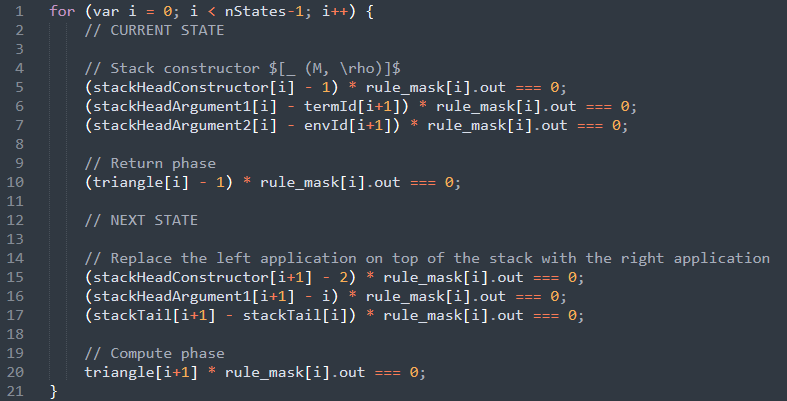
zkWrapper
Takes any Untyped Plutus Core (UPLC) script as input and produces a zero-knowledge version of it. No ZKP expertise required!
No script length limit
Normally, UPLC scripts are limited by the Cardano transaction size (currently, 16KB).
No CEK execution budget limit
Original script execution happens off-chain. The wrapper script only checks the proof of execution, which requires a fixed amount of ExUnits.
No redeemer size limit
Redeemers are the input data to Plutus scripts. We supply short polynomial commitments to the zk-wrapped scripts instead of the actual data. This allows us to circumvent the Cardano transaction size limit.
No datum size limit
Similarly to redeemers, polynomial commitments (or hashes) can be used in datums to reduce the overall transaction size. The difference is that datums usually also contain public data that is critical for determining the on-chain state of the smart contract. This public data cannot be hashed without changing the smart contract trust model (data availability).
Private smart contracts become possible
Since the original script is not submitted on-chain, it can be kept private. It is up to the developers or users to disclose it.
Results
zkFold team has been working on the project since early May. We are proud to announce that we have achieved the following:
- Zeroed in on the tools, frameworks, and algorithms we will be using for the project. Devised a detailed development plan for zkWrapper and beyond.
- Developed an early prototype of the circuit for verifying CEK machine executions.
- Implemented a tool for constructing ZKP witness data from a CEK machine execution trace of a UPLC program.
- Started documenting our version of the ZKP protocol and UPLC arithmetization.
Solution Components




zkWrapper Development Plan
- Finish protocol documentation
- Finish ZKP witness generation tool
- Develop ZK prover backend
- Implement on-chain script for verifying ZKPs of correct UPLC execution
- Create public APIs for converting transactions with original scripts into transactions with zk-wrapped versions of those scripts